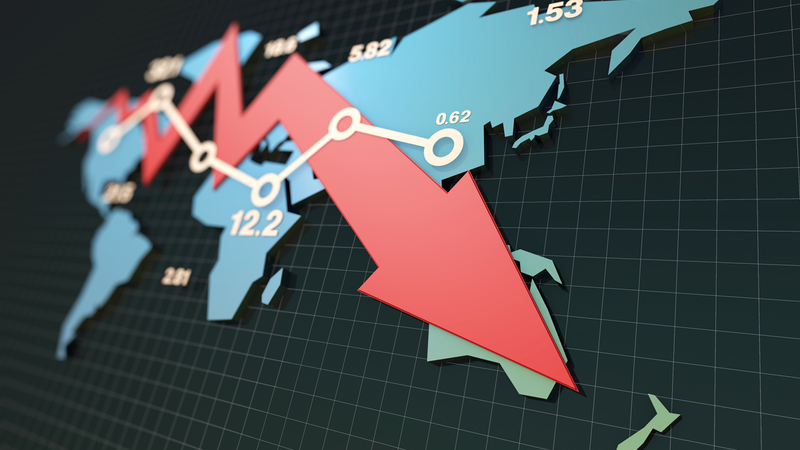The Trade War Between China and the United States
Many countries, economies and industries have been damaged by commercial and economic globalization. The manufacturers and conservative politicians are saying that the United States has lost more than $300 billion in intellectual property rights as well as many of its employees because of unbeatable competition. Trump says that his new protectionist policies yield significant returns to the American economy, but these returns are from customs duties paid by Americans and not by the Chinese. There is already a substantial decrease in demand for goods because of rising prices. This will harm American farmers and cities that depend on international trade. China has imposed measures and customs duties on U.S. imports.
Trump says that American factories will be in a position to compete and provide an alternative to Chinese goods. But this will take a long time given that the low cost of Chinese products gives them an advantage that is hard to beat because of the higher salaries and costs associated with production in the United States. China is an established trade and industrial power that is difficult to replace or go without.
In 2009, the United States president imposed a 35% tariff on Chinese car tires in hope of reinvigorating the American labor market. But American tires were sold at much higher prices compared to Chinese tires. By 2011, the additional cost to American consumers was estimated at $1.1 billion.
The Chinese are suffering, too. The Chinese economy is slowing, and China exports more to the United States than it imports from it. The Sino-American relationship can no longer endure such hostility and estrangement. The countries have no option but to cooperate and compete simultaneously.
Maybe Trumpian policies are simply a campaign strategy to attract the support of conservative voters. Trump knows that the effects of these "operations" will start after a period of at least two or three years, during which he would reap the rapid economic rewards such as winning reelection. Afterward, Trump will go back to either fixing the crisis or leaving it for whomever comes after him, just like George W. Bush did when the United States and the world was plunged into a major financial and economic crisis. Bush finished his presidency by leaving Barack Obama to drown in it. This is also what George H.W. Bush did when he brought the country into an economic crisis that led to Democrat Bill Clinton’s victory following a presidential campaign characterized by his comment, “It’s the economy, stupid.”
Of course, the Sino-American issue does not only depend on these two countries. Rather, it extends to the global economy which is experiencing a distressing deceleration and facing other challenges stemming from major transformations in technology and radical changes in industries, jobs and workers which are pushing large swathes of people into unemployment. This has led to monopolization, and the concentration of wealth in the hands of a very small group of businessmen.
Has the United States lost its initiative? Is it no longer able to lead the world? Will China be transformed into a political superpower by this conflict? China has always distanced itself from immersion in global politics. But the American “play” from 100 years ago is repeating itself: The United States stepped up economically and commercially, but kept itself isolated from global politics. Economic progress cannot be sustained on its own; it requires protection and strengthening through political advancement and global commitment. This is not an easy task. It requires China to make itself globally and culturally attractive and to invest in politics, commitment and world organizations.
India’s rapid economic growth has continued throughout this crisis. With its democracy and demographic strength, India is poised to be a superpower and a political and cultural global leader, but this will take at least 25 years!


